
Sign in
Don't have an account with us? Sign up using the form below and get some free bonuses!

The world can be a tricky place these days. There's no denying that. If we want to raise mentally tough kids who can handle it without becoming jaded--or worse, becoming part of the problem--parents need to empower children to address challenges in emotionally intelligent ways.
We need to raise children who have both grit and compassion for others--not just one or the other. In other words, we want to raise tough kids with kind hearts. This is truly the work of conscious parenting.
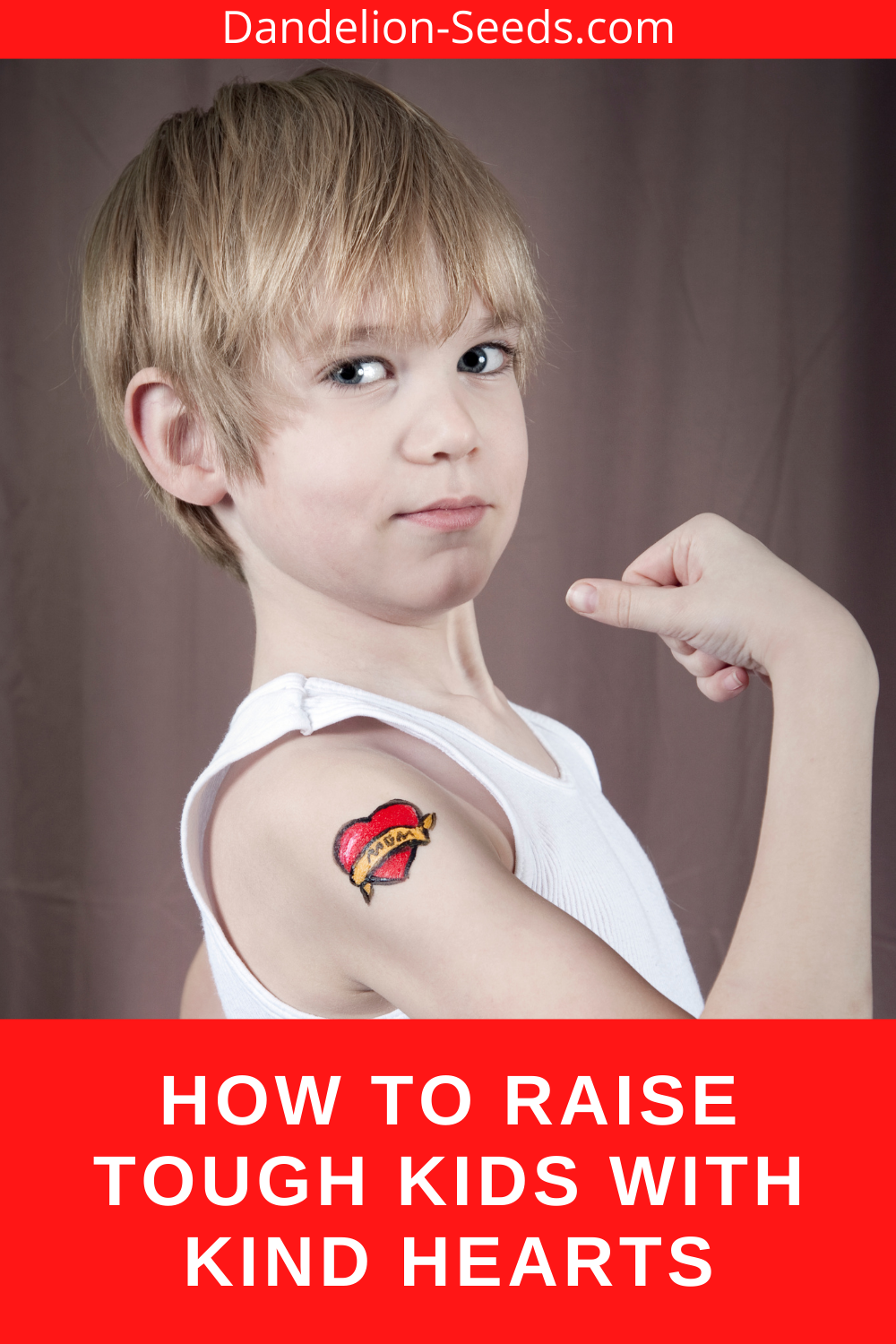
Parents are often (understandably) unsure how to discuss tricky situations with their children. We wonder whether they're too young to "deal with life" as we know it, and whether they'll have the skills to overcome whatever trouble is presented to them.
One common mistake parents make is believing kids are too young to talk about tricky issues. In reality, however, if a child is likely to walk down the street and see the situation with their own eyes, they're not too young for an age-appropriate discussion about whatever it may be.
In fact, if we don't have brave discussions with our kids, we do them a disservice. Family is the safest place for children to learn about struggles and difficulty so that they can create a healthy narrative around them.
Personal example: Years ago when we were living in a big city, someone told me they thought my child, then aged three, was too young to hear about homelessness. However, we walked past people in need every day on her way to preschool. My child has eyes, and she asked questions. This was the prime opportunity to teach her about compassion.
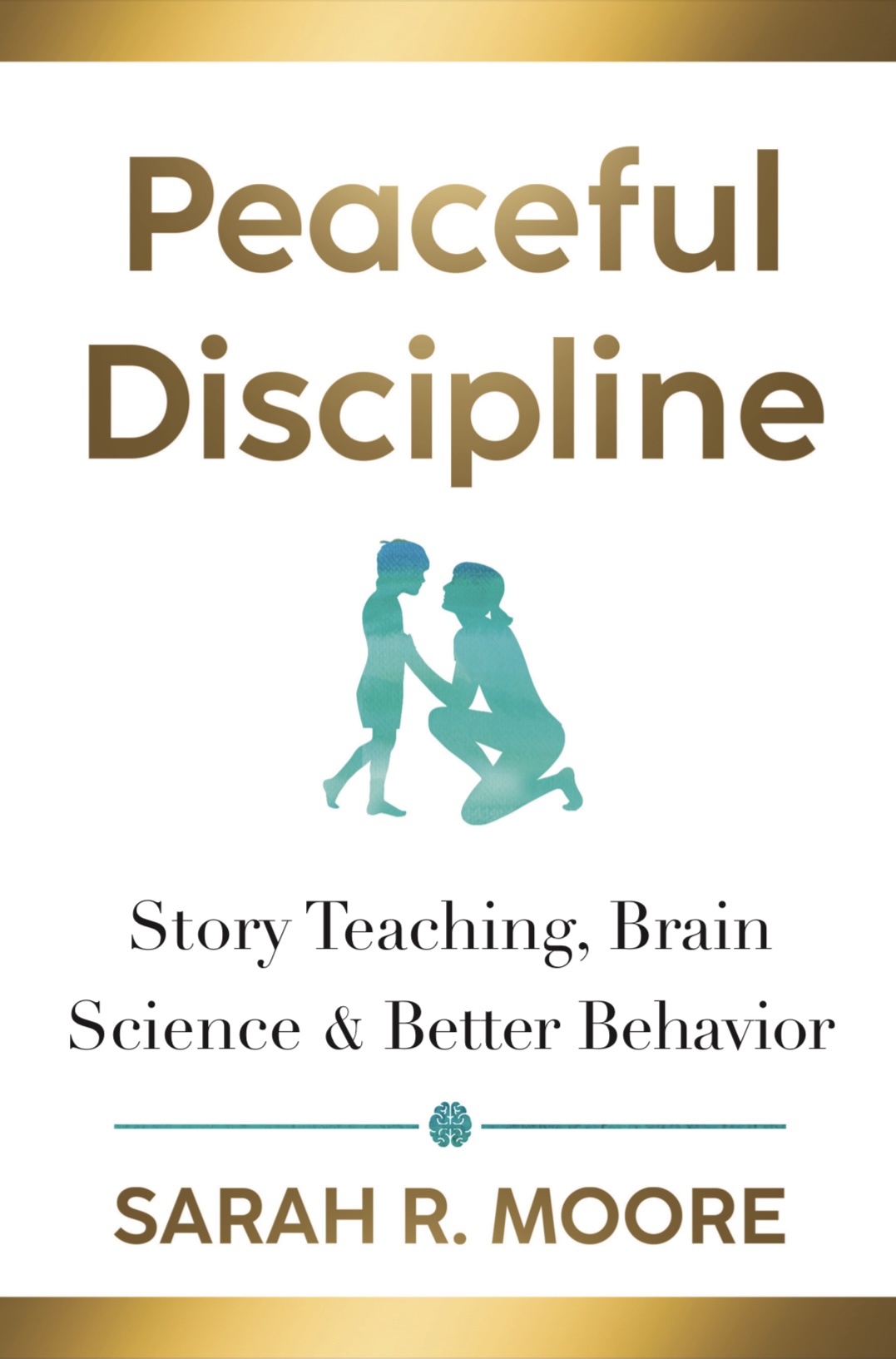
If a child can see something and ask about it, they can deal with an age-appropriate explanation. We help create their reality of what they understand in the world.
In Peaceful Discipline: Story Teaching, Brain Science, and Better Behavior, we learn this:
..."[young] children are still developing their sense of self. They’re learning where they fit into their family, their school (if they have one), and their place in the community. Their family patterns are just being established for the first time. They lack enough past experience to understand the context of situations and how their ability to process them matters.
'Is my experience normal?' children might wonder. 'Does everyone go through what I just did?' As a mere function of their young age, they’ve not yet had the opportunity to decipher all the patterns and schemas that are essential to understanding how life is supposed to work. Everything is normal to them because it’s all they know."
Raising tough kids requires that we help them be mentally strong--understanding how the world around them works, and what to expect from it.
Most importantly, when kids see injustices, we can discuss practical ways to:
Handle any tricky emotions that may arise for them; we get to be their safe place for questions, and
Grow their confidence around their abilities to help others.
It's true what they say about the world being harsh, but our child doesn't have to be part of the harshness. They can be part of the solution.
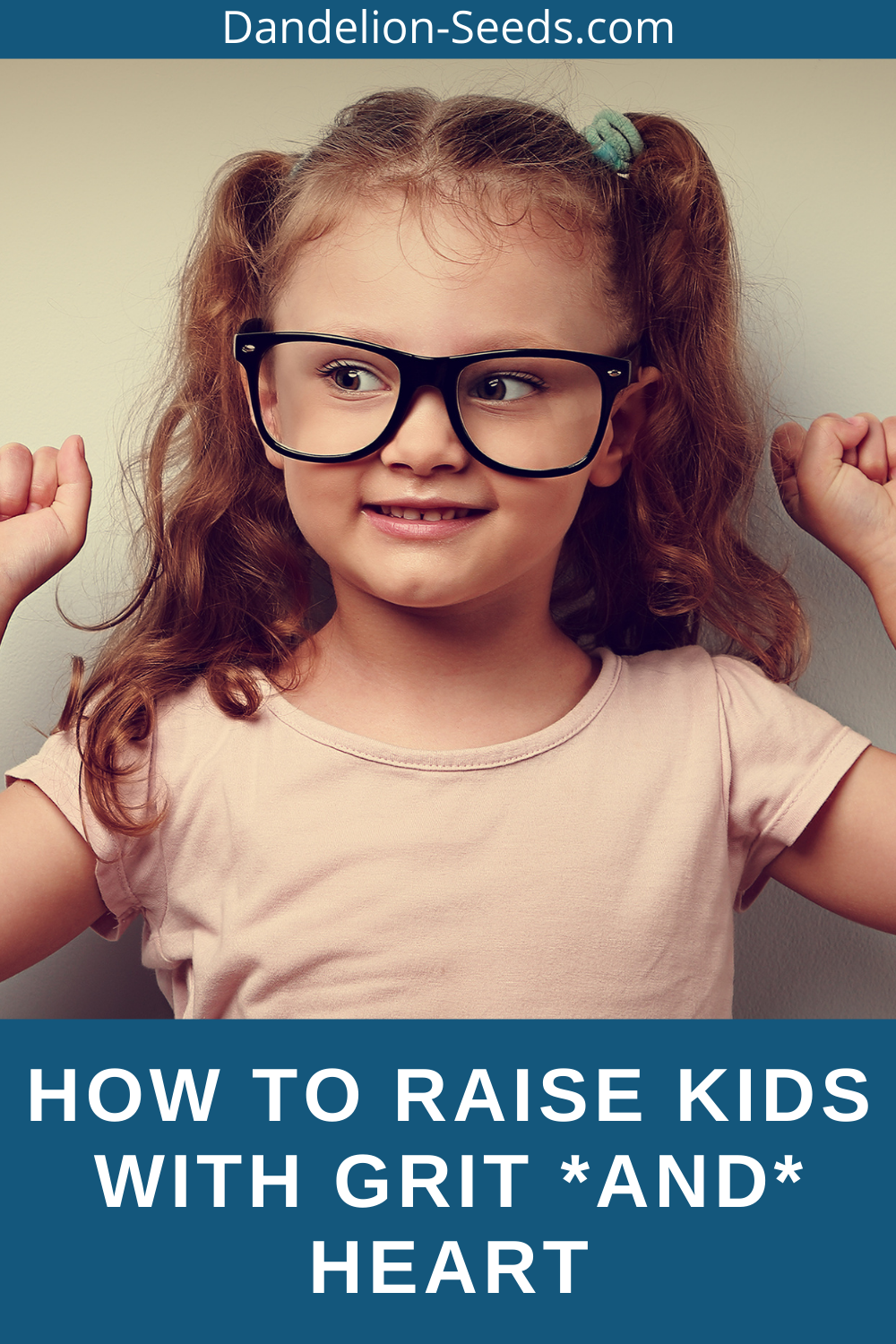
Absolutely not. To the contrary, for their optimal development, we need to give kids "a soft place to land," as Deborah Harkness so aptly put it. That means that we need to be their emotional safety net.
They need to know that we'll love them unconditionally and support them when they struggle. We'll answer their questions with love and compassion. We'll show up for them when they need us.
The point is not to "toughen up" our children; toughness alone leads to emotional distance and a whole host of potential struggles. When we focus on resilience with support, however, that raises mentally strong children who thrive because they felt emotionally safe enough to overcome adversity.
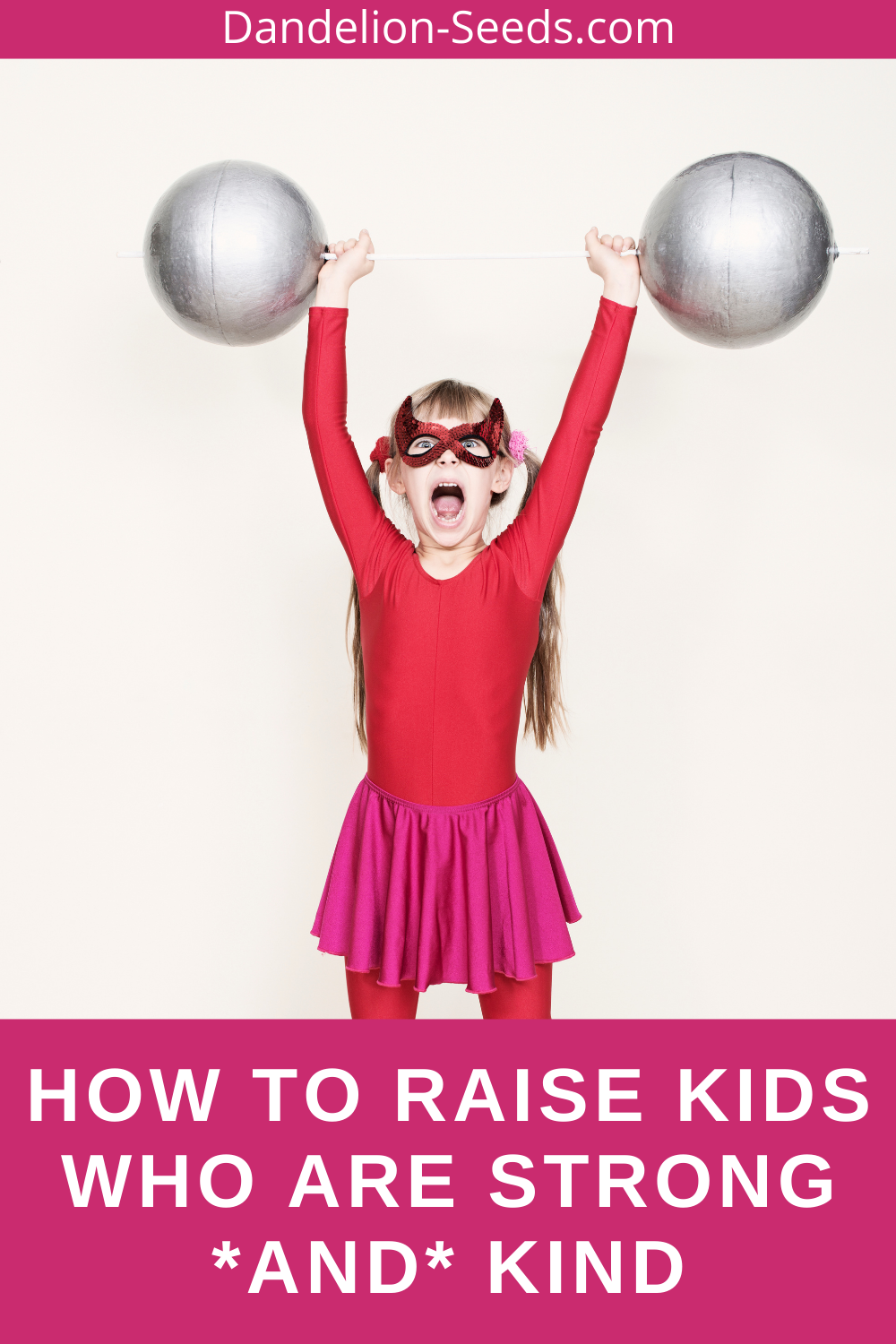
We know from brain science that kids learn best when they feel emotionally safe. Here's what Peaceful Discipline and the research say about it:
"...when [kids are] emotionally triggered, the limbic system (a more primitive part of the brain) takes over and effectively shuts off the frontal lobe, where most of our rational thoughts live. The limbic system’s sole purpose is to keep us alive. The frontal lobe is where we can think about others’ experiences, offer compassion, and understand the consequences of our actions.
The limbic system doesn’t understand that we’ll ever be all right again, because it’s not planning ahead—it’s trying to keep us safe in this moment only. Our goal, therefore, is to help the body feel safety so that our frontal lobe can come back and join the whole brain party. No one can talk us into safety if our limbic system is overriding it; we must feel it for ourselves."
The frontal lobe needs to be "online" in order for children to learn. When children feel safe, not only do they exhibit fewer behavioral issues, but they're also more likely to be able to grow through tough situations rather than be hindered by them.
Emotional safety helps raise tough kids, because they know they don't have to be tough to win our approval. They already have it. It's built into our parenting and our relationship with them.
Part of this emotional safety comes from learning empathy and emotional regulation skills.
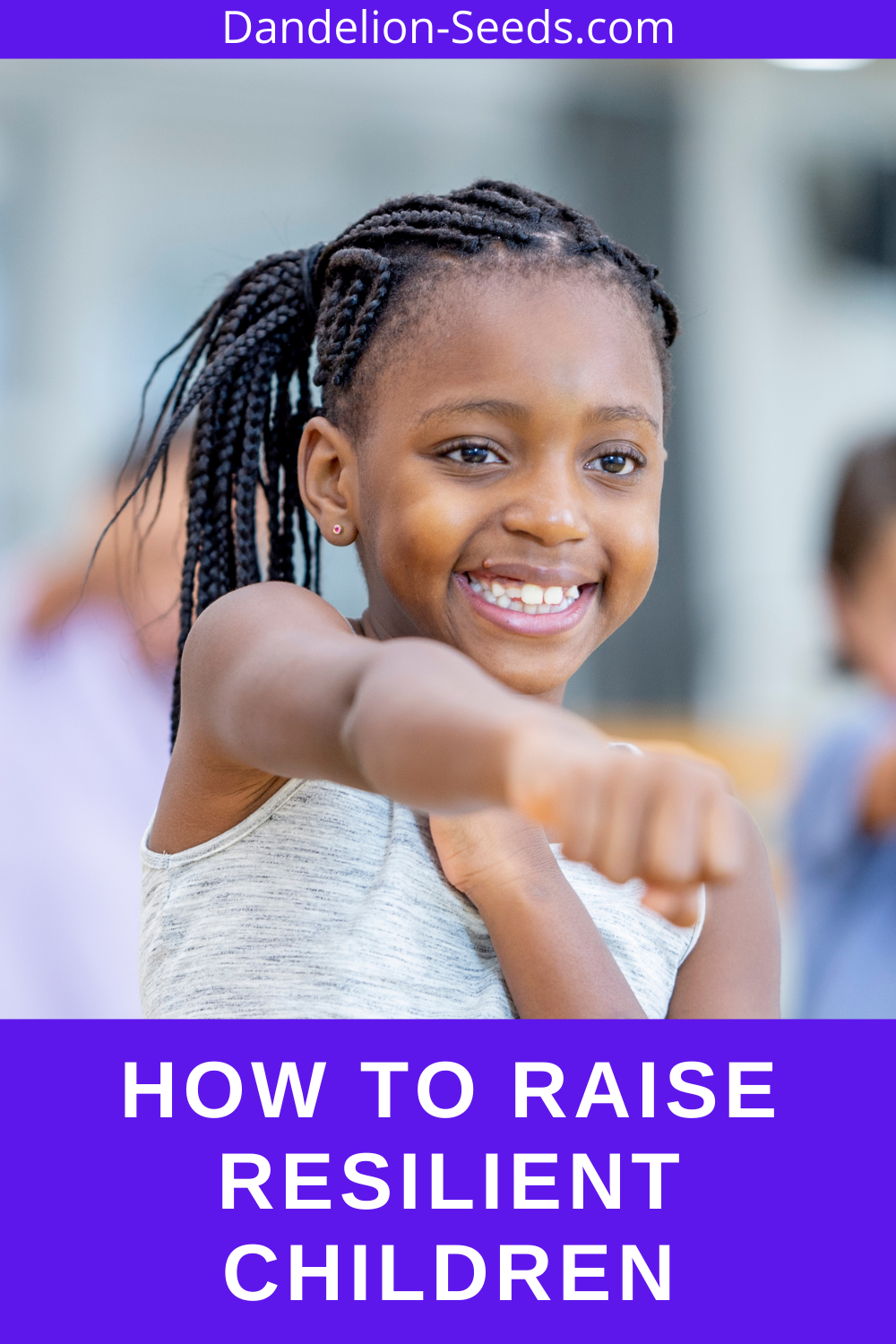
One of the best gifts an adult can model for a child is empathy and emotional maturity. If a child is "acting tough" but displays no empathy, they're more likely to end up struggling in school and at home.
Empathy, emotional maturity, and compassion are learned skills, however, and they take time to develop. There's no rushing brain growth and child development.
The most effective way to raise a child who has empathy is for the parent to model empathy.
Parents can do this a couple of ways. For example, we can validate our child's emotions rather than dismiss them. For example, if a tough event happens at school or otherwise, the parent can say things like, "Gosh, that sounds really hard. I understand why you're so sad. You make sense to me."
This is a much more effective approach to help the child feel "seen" so that they can move on from whatever stress they experienced, rather than having had their feelings dismissed (i.e., "That's nothing to worry about--you're such a crybaby").
Over time, children will have observed and felt enough empathy--and their brains will have grown enough--that they can start to "pay it forward."
Empathy is a healing tool to help them recover from adversity.
Tough kids--especially those who've been raised in or experienced tough circumstances--need extra empathy from us, not less. It's part of what helps soften their rough edges.
According to research-based strategies about raising tough kids from Dr. Michele Borba in Thrivers, we can provide children with these additional skills:
Self-confidence
Self-control
Integrity
Curiosity
Perseverance
Optimism
Once again, kids and young adults can learn these skills. They don't have to be born with them (in fact, they aren't)! Resilient, tough kids are kids who've had good role models who also model these things.
Raising tough kids with kind hearts requires that we show up for them; let them know that they matter. We can remove the focus on whether they're behaving well and, instead. make sure they know they're loved well.
Children who grow up knowing they're safe with us translates to having kids who know the importance of creating emotional safety for others. This is the optimal way to raise tough kids with kind hearts: focusing foremost on the heart, and all the rest falls into place.
